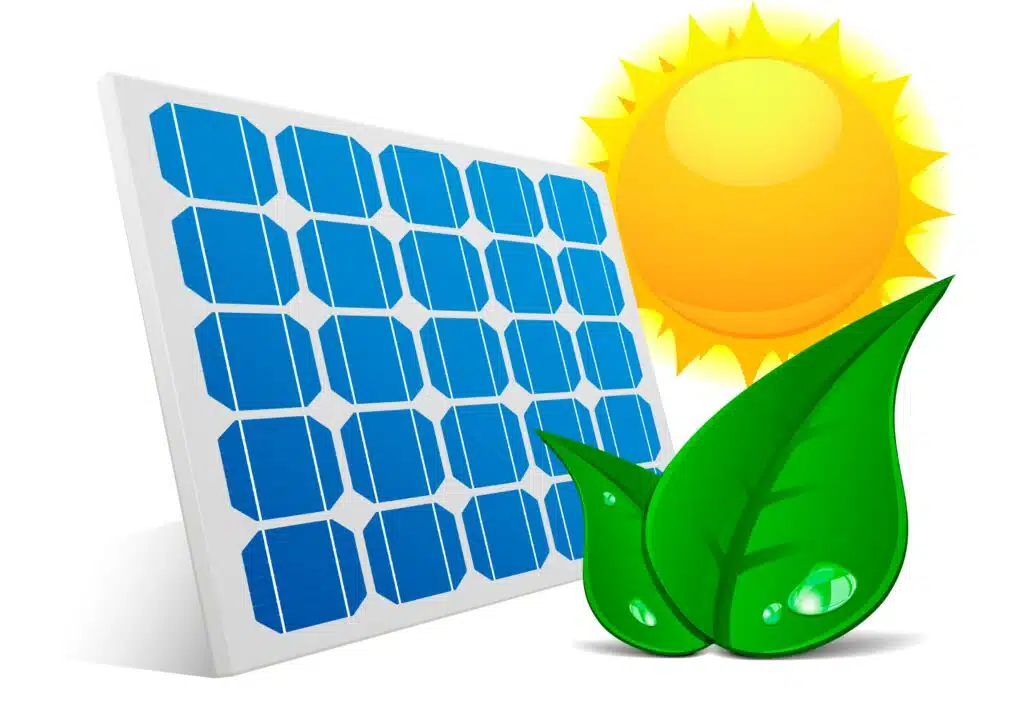The synergy between heat pumps and rooftop solar panels represents a groundbreaking advancement in home energy systems, offering a pathway to greater energy independence and environmental sustainability. This combination harnesses the power of the sun, an abundant and renewable energy source, to operate heat pumps, which are already known for their energy efficiency. The result is a system that not only reduces reliance on traditional energy grids but also minimizes greenhouse gas emissions, aligning with the global efforts to combat climate change.
Rooftop solar panels capture solar energy and convert it into electricity, which can then power the heat pump. During sunny days, this setup can provide a significant portion, if not all, of the energy required by the heat pump to heat or cool the home. Any excess energy generated can be stored in home batteries for use during cloudy days or at night, ensuring a continuous, cost-effective energy supply.
This synergy offers significant financial benefits. The initial investment in solar panels and a heat pump can be offset by the substantial savings on energy bills over time. Many regions offer incentives, rebates, or tax credits for installing renewable energy systems, making this combination more accessible and appealing to homeowners. The reduction in energy costs is particularly significant in regions with high electricity rates or where heating and cooling demands are substantial.
Moreover, the integration of heat pumps with rooftop solar panels contributes to a more resilient home energy system. In the face of power outages or disruptions in the energy grid, homes equipped with this combination can maintain a certain level of energy autonomy. This not only provides peace of mind but also ensures continuous comfort regardless of external circumstances.
The combination of heat pumps and rooftop solar panels is more than just an energy-efficient solution; it's a smart, forward-thinking approach to home energy management. It represents a significant step towards sustainable living, aligning homeowners with the broader goals of energy independence, reduced environmental impact, and long-term financial savings. As technology advances and becomes more accessible, this synergy is likely to play a pivotal role in the future of residential energy solutions.




